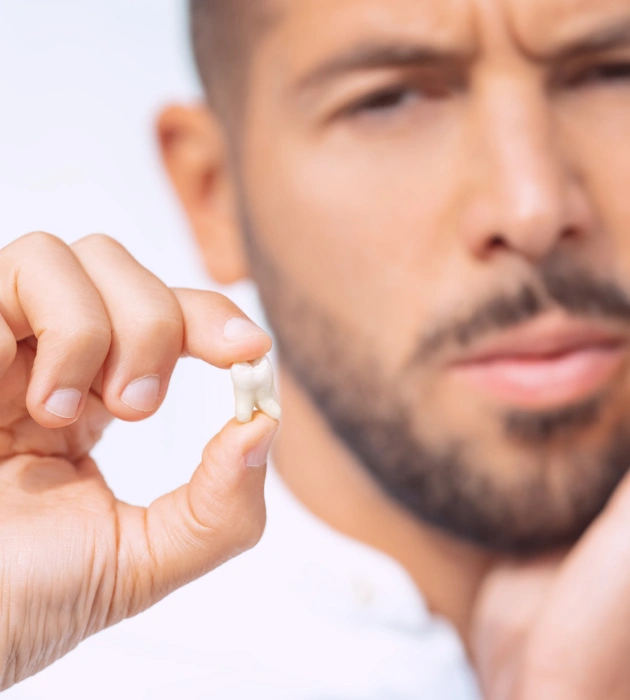
Gentle Tooth Extractions for Optimal Recovery and Health
The Extraction Process
Surgical Extraction
After Tooth Extraction
After a tooth extraction, it is crucial for a blood clot to form to stop bleeding and promote healing. Immediately after the procedure, bite down on a gauze pad for 30-45 minutes. If bleeding or oozing continues, replace the gauze and bite down firmly for another 30 minutes. You may need to repeat this process to stop the bleeding.
Once the blood clot has formed, avoid disturbing it. For the next 72 hours, refrain from rinsing vigorously, using straws, smoking, drinking alcohol, or brushing near the extraction site, as these activities could dislodge or dissolve the clot and delay healing. Avoid vigorous exercise for 24 hours, as increased blood pressure could cause more bleeding.
Some pain and swelling are normal after the extraction. Apply an ice pack or an unopened bag of frozen peas to reduce swelling. Take pain medications as prescribed, and contact our office if they are not effective. If antibiotics were prescribed, continue taking them for the full duration, even if symptoms improve. Drink plenty of fluids and eat soft, nutritious foods on the day of the extraction. You can return to your normal diet once you're comfortable.
After 24 hours, resume your regular oral hygiene routine, including brushing and flossing at least once a day to aid healing and keep your mouth fresh. By a few days, you should be feeling better and can return to your usual activities. However, if you experience heavy bleeding, severe pain, prolonged swelling, or an adverse reaction to medication, contact our office immediately.

